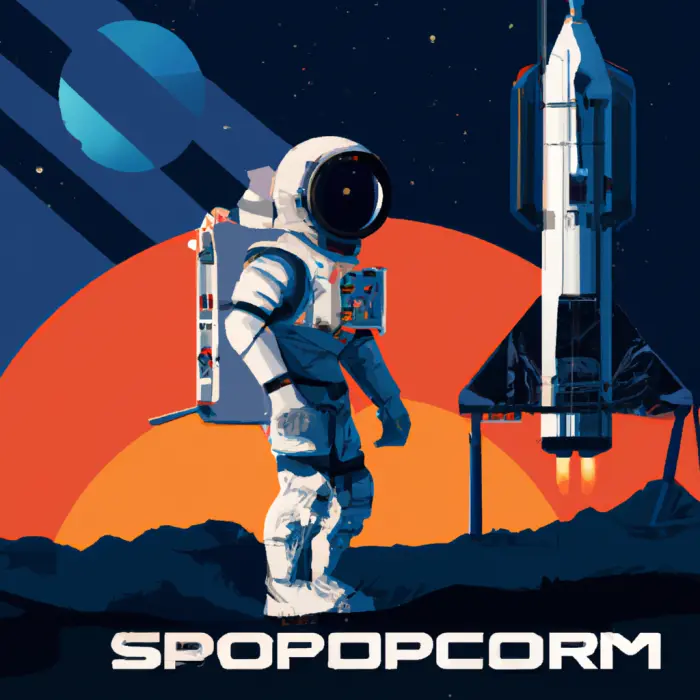Unusual and Fun Facts About the World of Nanomedicine
Nanomedicine refers to the highly specific medical application of nanotechnology and nanoparticles. Derived from the Greek word ‘nano’ meaning ‘dwarf’, nanotechnology uses particles that are incredibly small, usually between 1 and 100 nanometers in size. Though nanomedicine might seem like a concept straight out of a science fiction novel, it is a real and rapidly growing field. Let's explore some unusual and fun facts about this revolutionary field of medicine.
1. The Concept of Nanomedicine Dates Back to 1959
In 1959, physicist Richard Feynman introduced the idea of manipulating and controlling things at a very small scale at an American Physical Society meeting. His famous lecture, "There's Plenty of Room at the Bottom," is credited as the conceptual foundation of nanotechnology, including nanomedicine.
2. Nanorobots Might Be the Future of Medicine
One unique aspect of nanomedicine is the development of nanorobots or nanobots. These minute devices, once perfected, could travel through the body to target diseases on a cellular level, eliminating them without affecting the healthy cells around. Currently, research is ongoing on nanobots capable of destroying cancer cells.
3. Nanomedicine Contains the Smallest Surgical Tools
Within the world of nanomedicine, 'nano-knives' exist which are used to prevent any potential damage during surgery. These 'nano-knives' are so tiny and precise they can easily maximise efficiency whilst minimising potential harm.
4. It's a Multi-Billion Dollar Industry
Even though nanomedicine is still in its relative infancy, it's already a multi-billion dollar industry. The commercialisation of nano-drugs and continuous research in the field have made it one of the most promising areas of medicine.
5. Nanomedicine Has the Potential to Revive Extinct Species
In a fun and slightly bizarre fact, nanomedicine could in theory play a role in the de-extinction of species! Research is in progress on how to use nanotechnology to replicate extinct animal’s biological systems and potentially revive extinct species, a concept reminiscent of a certain dinosaur-themed movie!
In Conclusion...
Nanomedicine holds promises of revolutionary changes in the healthcare system. Its potential applications are broad and exciting, with nano-drugs and therapy having the potential to vastly improve the quality of life for patients around the world. As we continue to explore the nano world, who knows what other unusual and exciting discoveries we could make?










